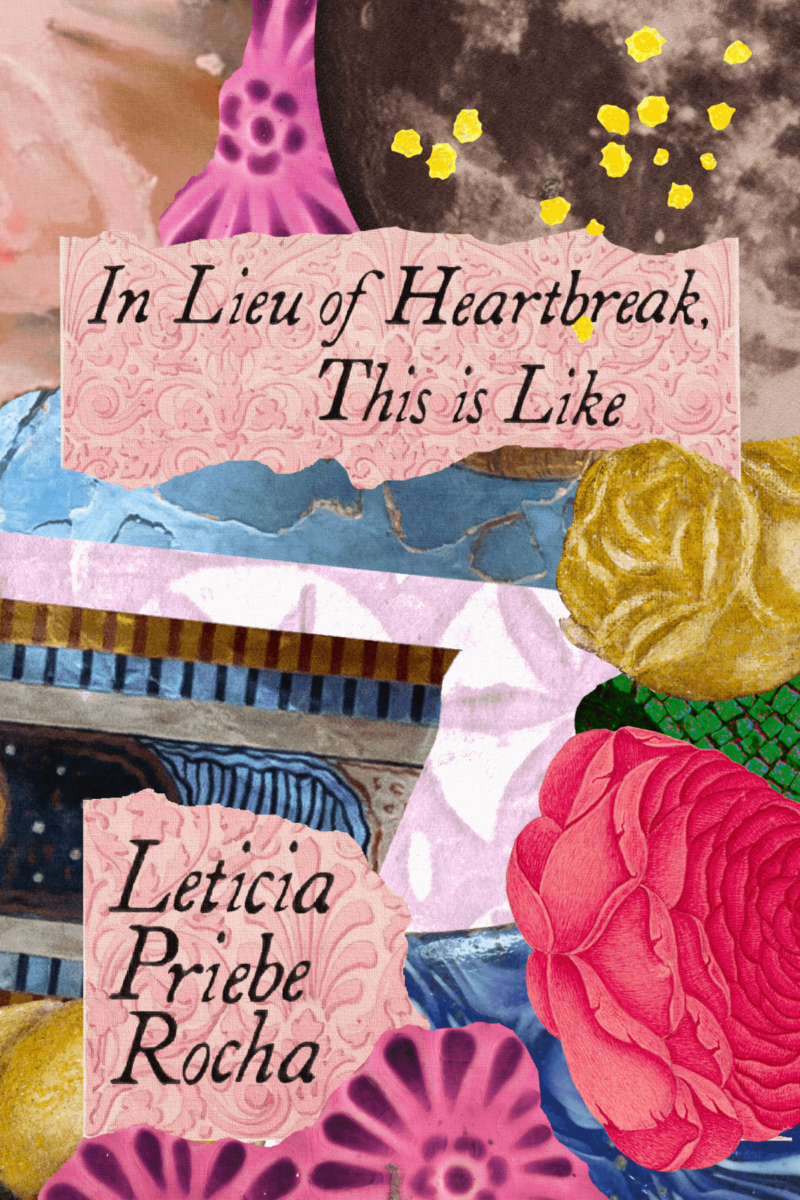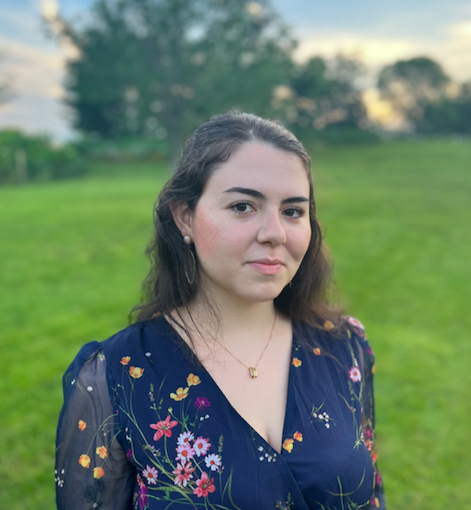When did you first encounter poetry? How did you discover that you wanted to write poems?
It is no exaggeration when I say that poetry has been a lifeline for me. I started writing poetry when I was in high school. As a teenager, I struggled with severe untreated depression and anxiety. My family was uninsured and we could not afford any form of treatment. Sophomore year of high school, I came across Sylvia Plath’s “Elm” and it transformed my relationship with poetry. All of the pain I carried with me, the heaviness I was under constant threat from, was staring back at me in the words of a venerated poet. For the first time in years, I did not feel alone. I dove into Plath’s work and started writing my own poems that explored the self and my struggles with mental illness. It was an outlet that made me feel like what I was experiencing was real. Since then, poetry has been where I go to process experiences and the perpetually baffling, miraculous thing that it is to be alive.
Do you have a writing routine? A favorite time or place to write?
My goal is to write or edit a poem each week. This doesn’t always happen, but I’ve found it to be a reasonable goal to hold myself accountable to a writing practice. My favorite place to write is my room! I have so many trinkets, photos, and works of art that surround my desk. They serve as inspiration and an uninhibited expression of the self. I light incense or a candle, put on some music that matches my writing vibe (most often, yearning), open up my laptop and go where the poem takes me. This is, of course, the ideal. Most often, poems hit me at inopportune times and come to life on the Notes app in my phone.
Where do your poems most often “come from”—an image, a sound, a phrase, an idea?
I would say it is about a 50/50 split between images and phrases as the jumping off points for my poems. One of my favorite aspects of being a poet is the gift of observation, having an affinity for listening, absorbing, and feeling the world around me. Most of my poems come at least in part from the impulse to document experiences, to shout I AM HERE into the universe. Lately, phrases that come up in conversation or that I overhear have been calling me, making their way into my poems more often. This feels like a manifestation of our inherent interconnectedness, where even the most brief interactions can have a profound impact. My favorite example of this was when I went to a reading at the Grolier Poetry Bookshop. Fanny Howe was casually in the audience and I overheard someone asking her how she’d gotten there while it was sleeting. She replied “I walked. It was so stupid.” It was the perfect image that the poem I was working on then was missing. I love when that happens—so much of writing poems is just picking things up along the way of life and putting them on the page.
Which writers (living or dead) have influenced you the most?
As I mentioned, I started writing poetry because Sylvia Plath’s work showed me that it was possible to release my most turbulent experiences and emotions through poetry. Her honesty, precision of language, and intuition for surprise is something that continues to influence my work. Ocean Vuong is another writer that has strongly influenced me. No matter the genre he writes in, he does so with an acute clarity for what it is means to be human—all of the ugliness, the beauty, and above all the tenderness that comes with it. He writes with such capaciousness and never fails to move me. I may spend my entire life reaching for that, but damn it, I will try. Another element of poetic influence that I can’t ignore is that my native language is Brazilian Portuguese. I am often struck by how much my sentence structures and use of punctuation are impacted by Portuguese even though I predominantly write in English. Clarice Lispector is one of my favorite Brazilian writers and I look to her work when I want to get weird with mine.
What excites you most about your work or a particular collection of yours? (Significance of collection title? Overarching themes you write on? Process/experience of conceptualizing a poem/a collection?)
My first chapbook, In Lieu of Heartbreak, This is Like was released this year with Bottlecap Press. What excites me most about it is truly seeing my heart in the pages, as cheesy as that may sound. The poems in this collection sprung from a particular romantic hurt that I initially resisted labeling a heartbreak as a defense mechanism, a way to minimize the hurt. As I was submerged in this loss and trying to make my way through it, I encountered many other relational wounds that stung not far below the surface and was forced to confront my outlook on love and intimacy. While I started writing poems from a place of anger toward the beloved who hurt me, I eventually realized I was truly writing to myself. The manuscript shifted from anger to self-discovery. Uncovering that the well of love I had for that person could be turned inward, toward healing, was transformative. This chapbook was a key part of this process and I am grateful to share it with readers!


Plus my most updated bio: Leticia Priebe Rocha is a poet, visual artist, and editor. She is the author of In Lieu of Heartbreak, This is Like (Bottlecap Press, 2024). Leticia earned her bachelor’s from Tufts University, where she was awarded the 2020 Academy of American Poets University & College Poetry Prize. Born in São Paulo, Brazil, she immigrated to Miami, FL at the age of 9 and currently resides in the Greater Boston area. Her work has been published in Salamander, Rattle, Pigeon Pages, Protean Magazine, and elsewhere. Leticia is also a Reader for Yellow Arrow Journal and served as Guest Editor for the EMBLAZON issue. For more information, visit her website: leticiaprieberocha.com.
